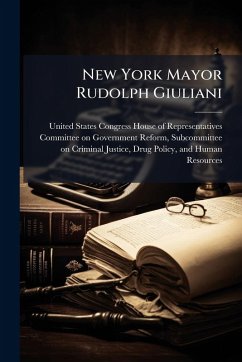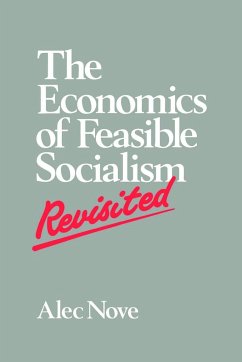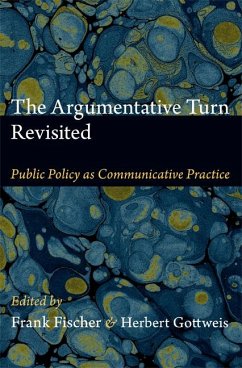Nicht lieferbar

Suffolk County Revisited
Versandkostenfrei!
Nicht lieferbar
Suffolk County Revisited is a two-part work. The first part, The Courtroom, presents a run-of-the-mill criminal trial in the County Court of Suffolk County in the spring of 1961. It chronicles the advocacy of the assistant district attorney, Ray Downs, and defense counsel, Charlie Cornwall; the relationship of indictments, pleas and sentences; the career of Ray Downs to date; Justice of the Peace and Police Justice Courts; the political potential of the assistant district attorney position, and the road to the bench; the lawyers talking shop; and a chambers conference among the Court and couns...
Suffolk County Revisited is a two-part work. The first part, The Courtroom, presents a run-of-the-mill criminal trial in the County Court of Suffolk County in the spring of 1961. It chronicles the advocacy of the assistant district attorney, Ray Downs, and defense counsel, Charlie Cornwall; the relationship of indictments, pleas and sentences; the career of Ray Downs to date; Justice of the Peace and Police Justice Courts; the political potential of the assistant district attorney position, and the road to the bench; the lawyers talking shop; and a chambers conference among the Court and counsel. The second part, The Town House, is about the Suffolk County Republican Party's second annual $100-a-plate dinner. Opening with the origins and a description of the Huntington Town House, which had become Suffolk County's premier catering establishment, it then proceeds to describe and contrast two politically active young Republican lawyers, Ray Downs, and Bertie Green, who also held a position with the county that permitted him to conduct a law practice; presents an overview of unsuccessful-in-politics lawyers; addresses the phenomenon of persons of prominence in the non-political world assuming that the Suffolk County Republican Party's election debacle of 1959 effectually created an invitation to prominence in the Party; observes the difference in the severity of selection criteria of patients for doctors, and of clients for lawyers; describes the topics of conversation indulged in and avoided by the hundreds for whom attendance at the dinner was a political/occupational necessity; discusses political death; and notes the complexities of trying to bump into politically significant figures at a public gathering by apparent accident.












